Syracuse Post Standard
November 27, 1991
When Bette Midler first appeared on the mainstream music scene in the early 1970s, one critic hailed her as all the Andrews Sisters  rolled into one.
: At last, “The Divine Miss M” has found a divine project in “For the Boys” – one that effectively taps into that very appeal, in which she’s cast as a USO songstress.
; She first entertains our boys overseas during World War n, at the time of “Boogie-Woogie Bugle Boy” and other Big-Band Era swing hits, then finds herself drawn to the frontlines in each of America‘s subsequent wars. Each time, it’s a considerably less satisfying experience for her, and for the country.
“For the Boys” is a drama laced with comedy and seasoned with music, and it rates as a highly recommendable work of crowd-pleasing entertainment It’s sentimental and savvy, with some serious intentions and a lighthearted tone that are effectively blended into a
big, brassy picture.
Midler plays Dixie Leonard, a mid-1940s songstress who can also improvise comedy with her quick wit and natural sense of pace.
Thanks to those qualities, her show business writer/uncle Art Silver (George Segal) is able to. land her a spot on a USO tour that’s entertaining the boys overseas.
From the moment; Dixie arrives, she finds herself at odds with the headliner, Eddie Sparks (James Caan). Ambitious, egotistic, manipulative and self-serving, Eddie immediately resents the incredible impact Dixie has on audiences, finding minor reasons to have her
canned. But his self-serving personality causes him to relent. Eddie becomes convinced that together, they can be another George Burns and Gracie Allen.
While Dixie has no problem sharing center-stage, Eddie is torn, wanting the spotlight all to himself while sensing, deep down, that he’ll make it far bigger in show business if he’s half of a team.
The script by Marshall Brickman, Neal Jimenez and Lindy Laub carries these characters through the great war, into the early days of television, back overseas to Korea, through the madness of the McCarthy e’ra – with its blacklisting of entertainers with liberal leanings – and finally to Vietnam.
The wars, even the peaceful intervals between them, become nastier and messier. The iflm also carries the audience through nearly 2’/2 hours ofendless bickering between the two leads. That might have become tiresome, but deft direction by Mark Rydell (“The Rose”) keeps that from happening.
. Through both the leading characters have weaknesses as well as strengths, they are always emotionallyinvolving for the audience. We like them not so much in spite of their flaws, but because of them.
They are human, and each is ultimately worthy of our attention. But it’s as a couple that they are most intriguing.
Each is married to someone else (at least, until fate intervenes), and their relationship is mostly platonic.
Yet this is very much a love story, about people who need each other and, at various times, support or betray one another. It’s about human fallibility; it’s about the two of them and it’s about all of us.
Diehard Bette Midler fans may be a bit disappointed that she doesn’t get to sing more in the movie. Her first big number, allowing her to strut her stuff in a nostalgic ’40s setting, may mislead some viewers into thinking that the story line will be little more than an
excuse to tie together an endless string of just such productions. In fact, she will not sing another song uninterrupted until the end.
This is not a Bette Midler vehicle in the obvious sense of the term. Only someone who comes to the film expecting just that will be disappointed. Take it for what it is, and you’ll find this more than satisfying.
This is a heavy drama – though at moments, extremely funny – about a singer, and her relationship with a comic.
As that comic – part Milton Berle, part Phil Silvers, part Bob Hope – James Caan displays a wide array of talents he has never hinted at before. This is one of his least typical roles, and one of his best.
The movie goes beyond mere nostalgia – the subject is the emotional tailspm that the country never really came out of after World War II.
Whether you appreciate on the terms or not, “For The Boys” is a movie for everybody

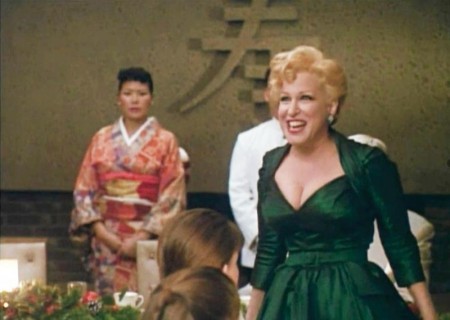

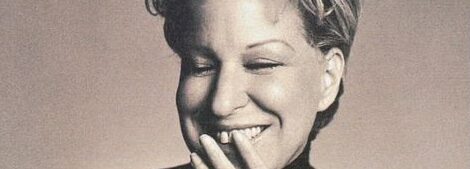
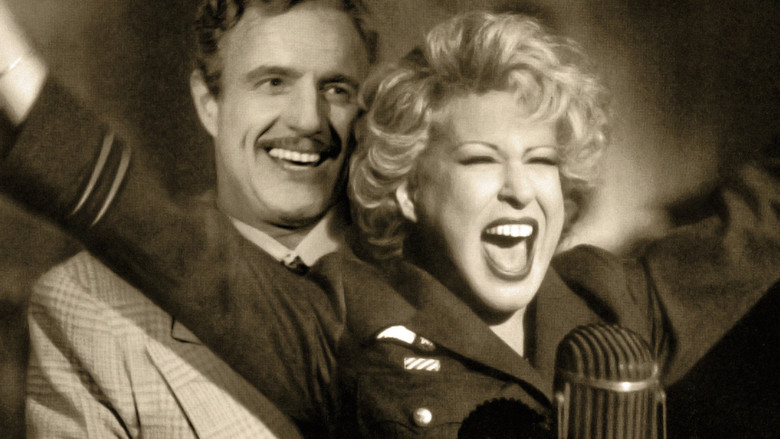
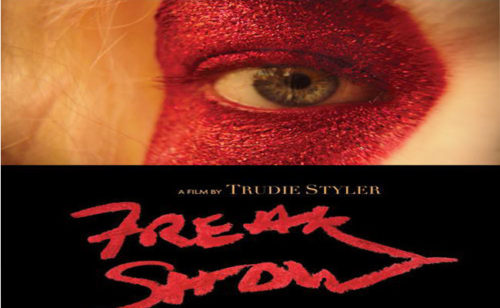
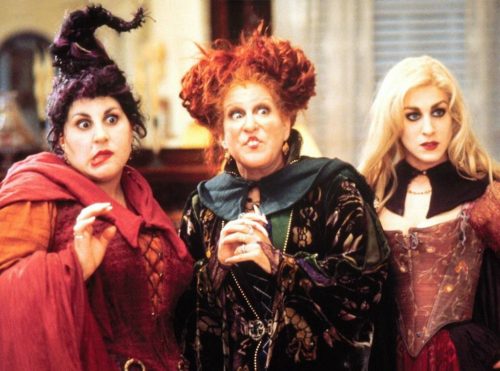

Great review
This is one of the best films Bette made!